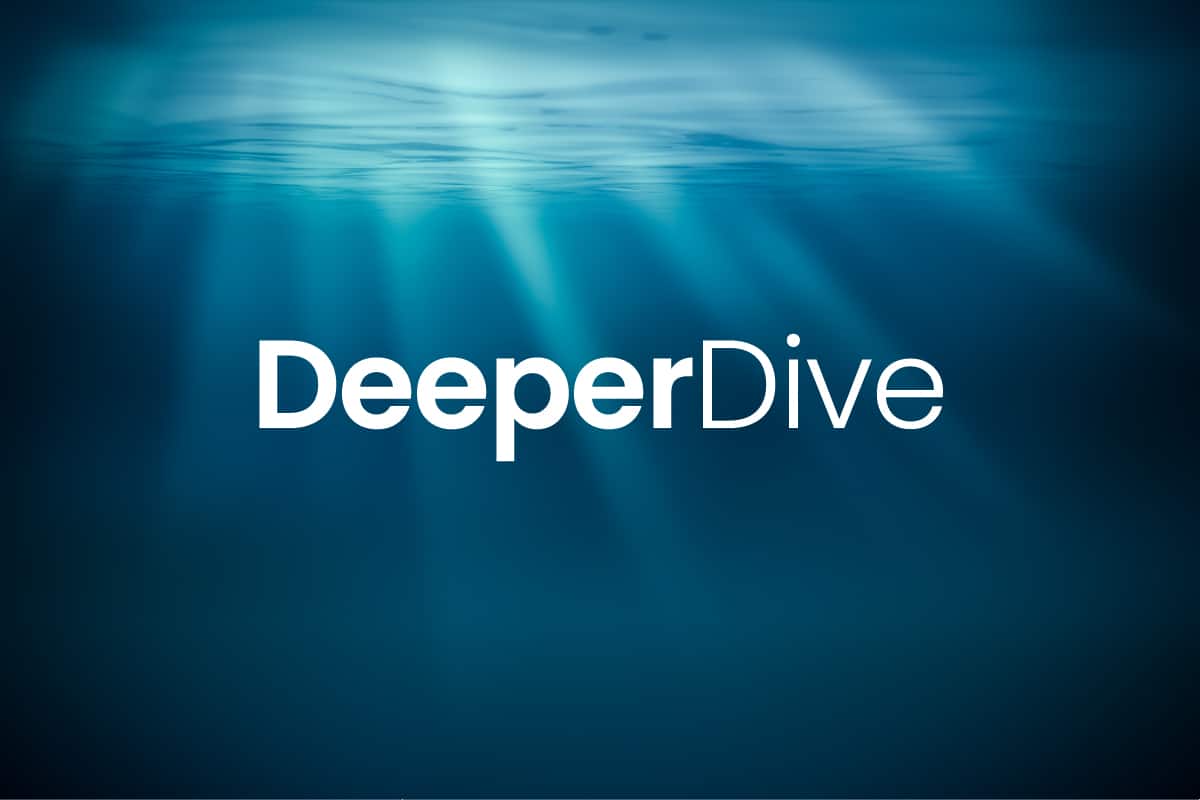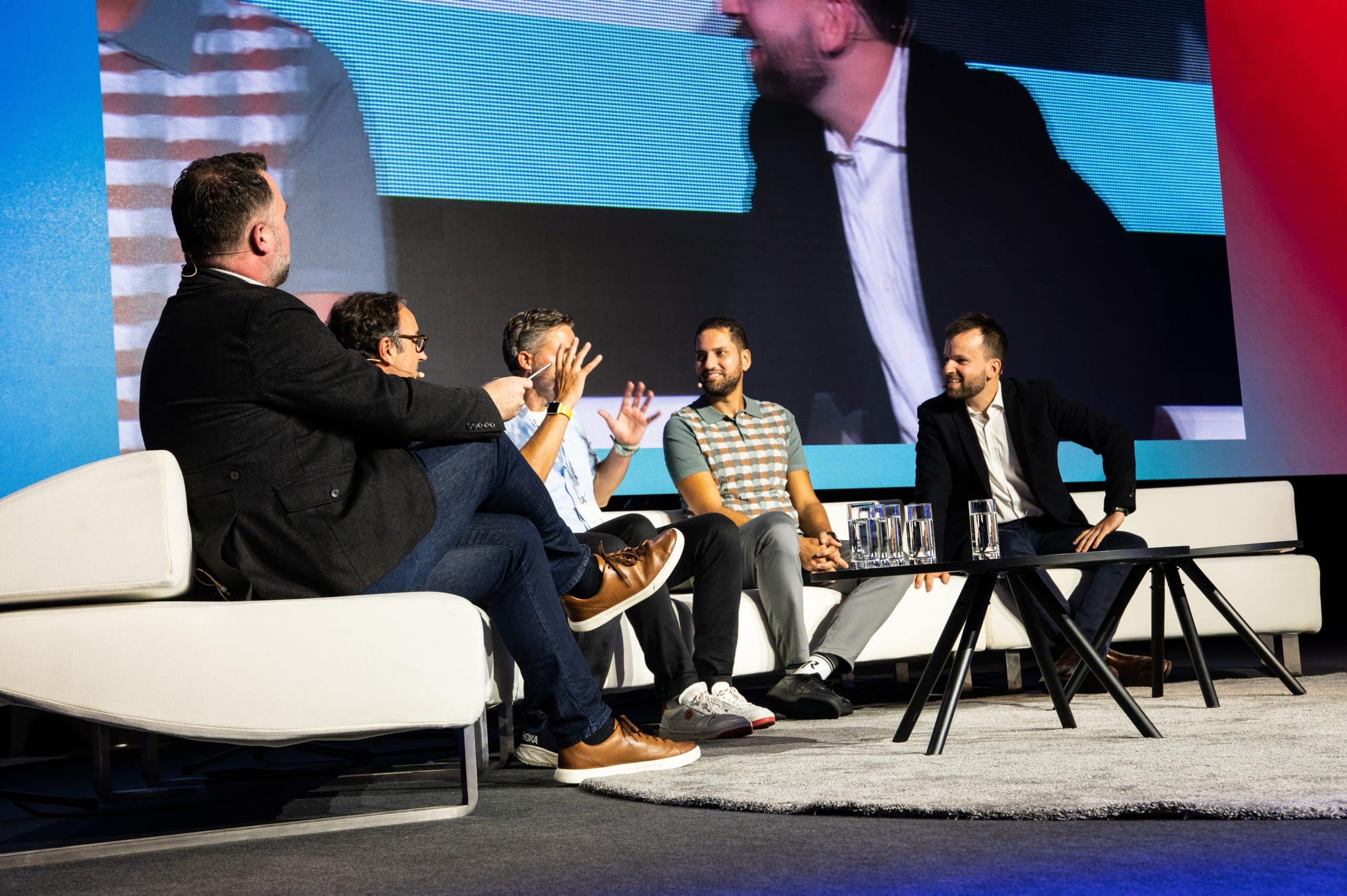Many believe Gen AI engines and LLMs are a problem for the open web, publishers, and even advertisers. Wrong. Some think they are a problem for Google because they’ll have less search traffic to monetize, replaced by Gemini LLM conversations. Wrong.
In just a single year since launch, Gen AI search and large language models (LLMs) have changed the face of the open web. This rapid change is impacting both search engines and publishers. We’re seeing a decline in traditional search traffic, with some publishers experiencing more significant drops than others. This trend directly affects Google, which is seeing fewer search queries, and also impacts publishers who are receiving less referral traffic from search engines. The competition for this shrinking pool of traffic is heating up, with companies like OpenAI and Perplexity vying for a share, and Google actively competing with itself by offering a generative AI product called Gemini.
Whether OpenAI and ChatGPT “kill” Google search or Google themselves do it, there’s no doubt–search traffic to publishers is going down. The question is what do publishers do if search traffic drops 20%, 30%, or 50%?
It is likely the end of search as we know it.
And the best thing that could have ever happened to Google and the open web.
The Gen AI threat reshaping and rebuilding the publisher business model.
GenAI Search like ChatGPT, Perplexity and Google’s Gemini are stealing traffic from publishers. Data suggests that just .1% of traffic from these engines are making their way to publishers, meaning if you’re searching on ChatGPT or Perplexity the likelihood you then click out to read more about a topic is next to nill. In fact – the newest buzzword from publishing executives is ‘zero click searches’ whereby not a single action is taken after a search is performed. No publisher is immune to this threat. Search referral traffic to 1,000 web domains decreased by nearly 7 percent year-over-year, nearly a billion critical visits that have disappeared from the open web.
On the face of it, you would think there is no rational defense from GenAI companies that are tanking publisher traffic. Google would try to put a spin on things by publicly claiming that people who click on links after seeing AI Overviews tend to spend more time on those sites.
Right… Now back to reality.
The Gen AI threat is causing a chain reaction for the business foundation for publishers. Today, the primary determining factor to how much revenue a publisher makes is tied to how many potential people view ads on their site. Put simply, less traffic means less revenue in the short term.
This has made it necessary for publishers to rethink how they make money. In fact, it’s even made Google rethink how they make money. Short-term disruption is inevitable, but what’s coming next is a leap toward deeper engagement and bigger revenue than we’ve ever seen before. Both to Google, and to the open web.
Google, Publishers, and the Rise of High-Value LLM Conversations
While search traffic will decline, potentially hurting Google and publishers in the short term, a new type of “supply” is emerging: LLM conversations. Nearly a billion people use ChatGPT, Gemini, and Perplexity, each month. Most are asking general knowledge questions, but an estimated 10–20% of those chats are high-value: travel planning, healthcare, commerce, financial advice and more. These conversations are worth a fortune – far more than a search click.
ChatGPT’s model is straightforward, earning $20/month per subscriber, making every question valued the same, whether you asked about the weather or about a trip to Cancun. Google’s Gemini, backed by a $200B search ads business and 10M advertisers, will see these conversations as commercial opportunities. Over time, a multi-day exchange about a trip can evolve. If a person asks a question, Gemini can reply in the moment or if more research is needed, it can come back with more ideas, until that conversation ends with a full-service transaction. From here, users can book flights, hotels, and restaurants. This is an incredible revolution for Google, from each interaction worth $1 per click to $1,000 per conversation. This shift positions Gemini’s long-term revenue potential well beyond search. In essence, less search traffic, but a lot more revenue.
Publishers have an equally powerful opportunity. While 30–40% of their audience today arrives via search, 60–70% comes direct. By launching their own Gemini-style LLMs, publishers can host high-value conversations within their trusted environments, covering travel, shopping, health, and finance. This is where deep content and expert voices can guide meaningful decisions. While ChatGPT can instantly give you ideas and information about a trip you’re considering, you would never book it on the spot. You’ll still seek out reviews from people who’ve been there, browse images and videos, and explore different perspectives before making the decision. While AI offers a new way to search, the human need remains the same–to be informed and educated on what matters before making a decision in a way that creates trust and confidence. Publishers have expertise. They have earned trust over decades. They can use that to create amazing value in this new landscape.
This is where publishers win over the next decade. Major purchases and commitments require more than quick answers; they require exploration of reviews, imagery, videos, and authoritative reporting, all of which publishers already deliver.
Some publishers will monetize these interactions through transactions like I believe Gemini will, others through subscriptions like ChatGPT is doing now. For those who lean in, this represents a once-in-a-generation shift from pageview-driven models to relationship-driven value.
User trust becomes the foundation for both resilience and growth in the LLM era. The future of publishers (and Google) is bright.



